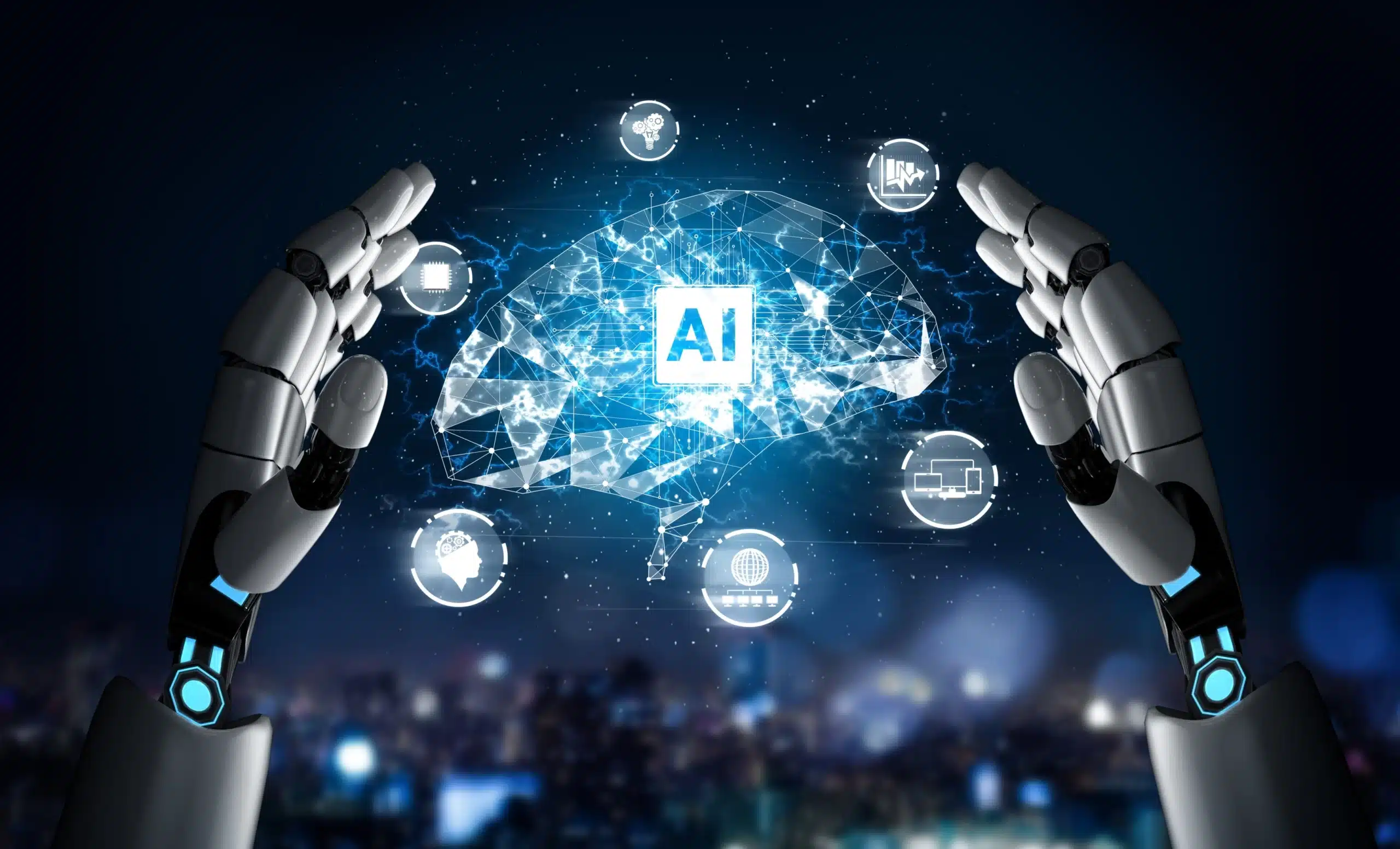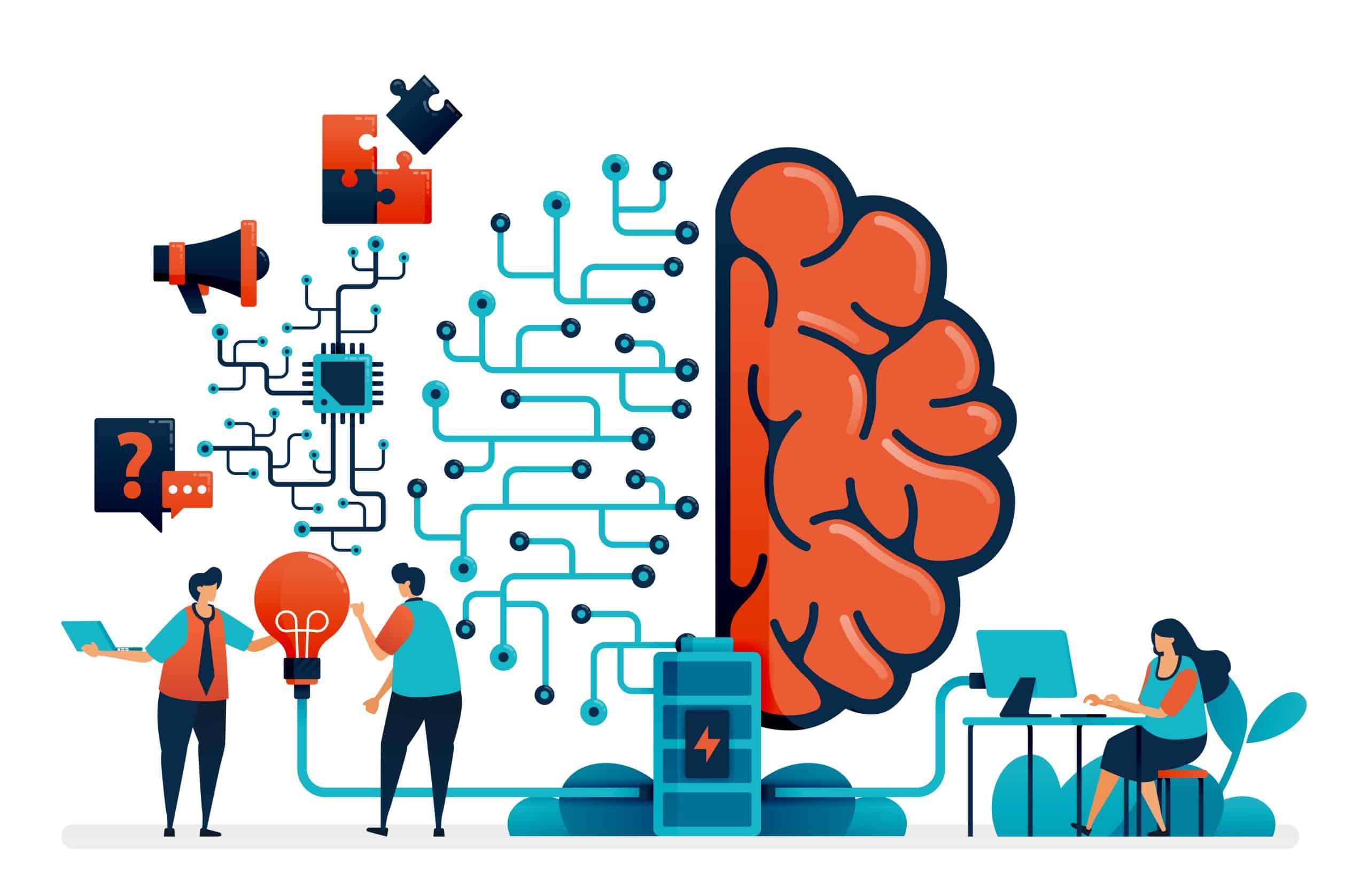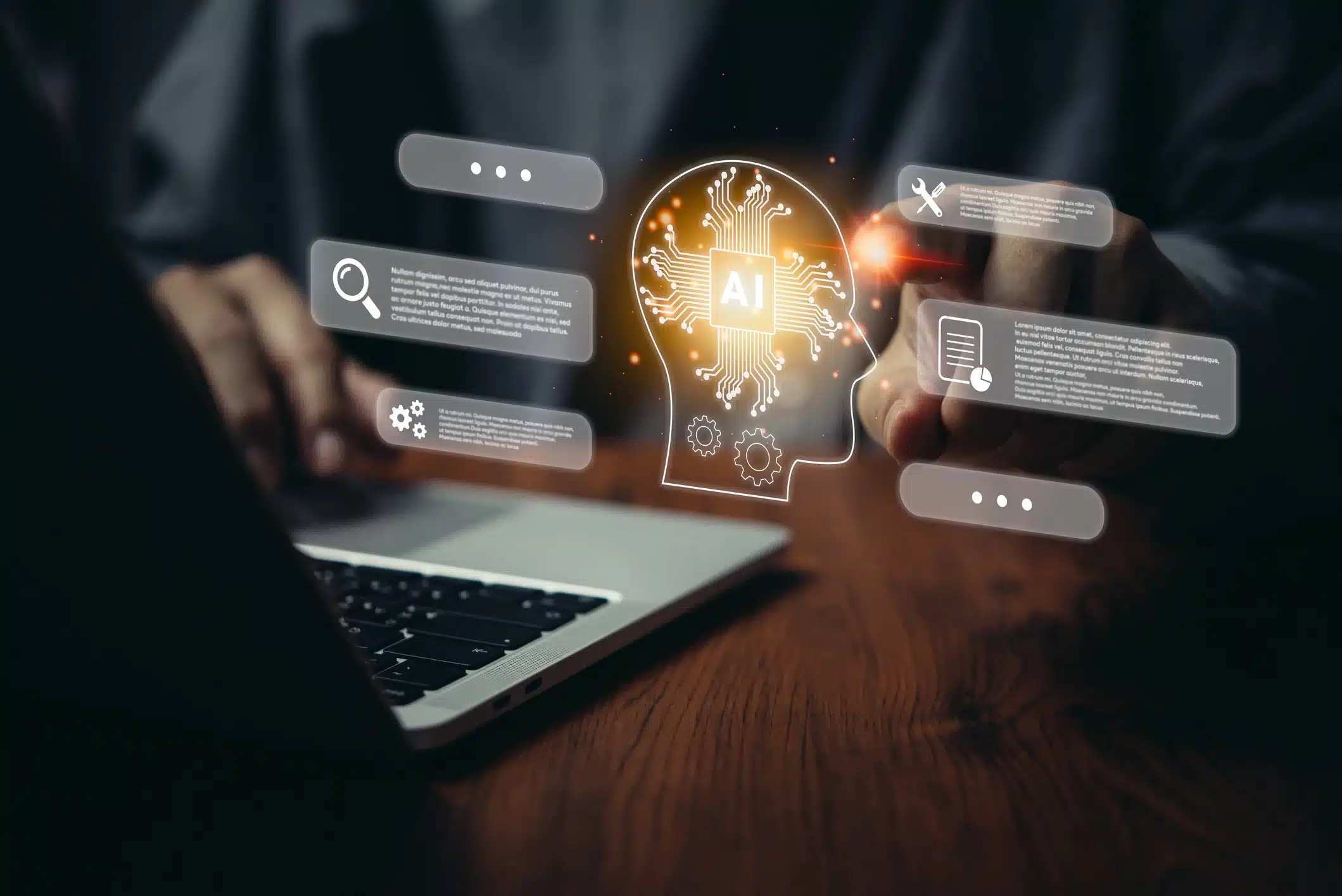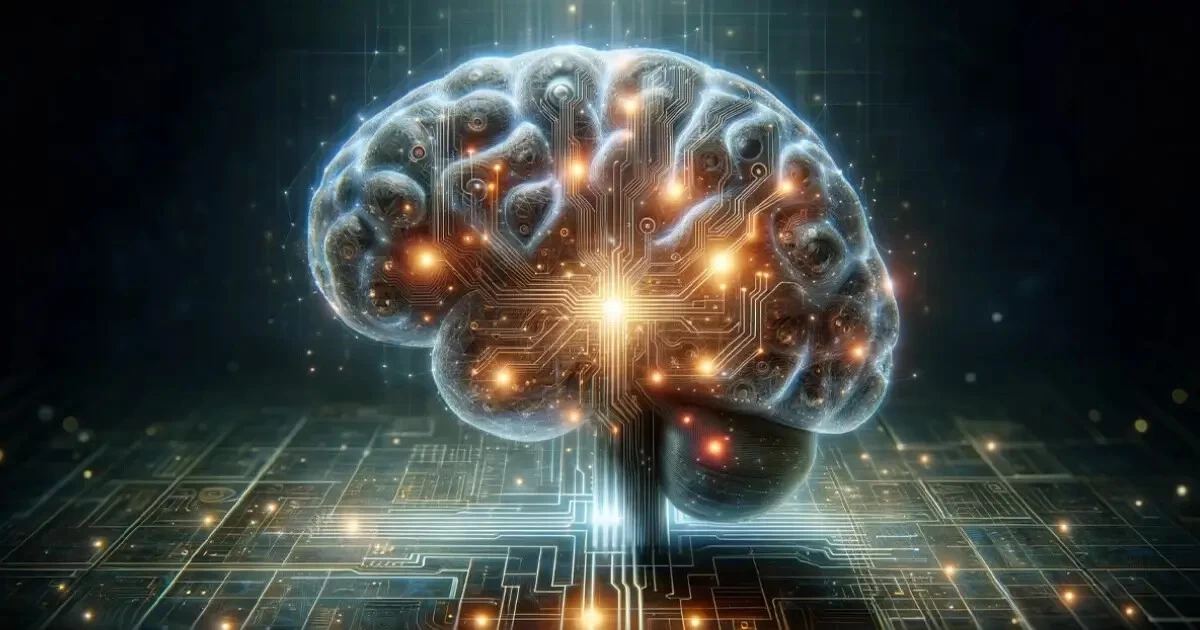- 🔑 The event focused on the promise and pitfalls of artificial intelligence (AI), with speakers from various backgrounds sharing their perspectives.
- 🤖 Concerns were raised about the potential negative impacts of AI, particularly on marginalized communities, and the need for responsible development and governance.
- 🎓 Questions were raised about how to educate students on AI and ensure they understand the algorithms and biases involved.
- ✍️ AI was seen as having the potential to accelerate creative work, such as filmmaking, but also raised concerns about how it could misrepresent or erase marginalized histories and identities.
- 📈 The impact of AI on the future of work was discussed, with suggestions that it could radically reshape the traditional 40-hour work week and employer-employee relationship.
- ⚖️ The need for diverse and nuanced inputs into AI systems was emphasized to prevent perpetuating societal biases and inequities.
- 🌍 Concerns were expressed about the alienation and mystification felt by many communities towards AI technologies developed without their participation.
- 🔓 Questions were raised about data governance, access to AI models and algorithms, and ensuring responsible development for the benefit of all.
In a thought-provoking event at the Museum of History and Industry in Seattle, speakers from diverse backgrounds gathered to discuss the future of artificial intelligence (AI) and its potential impact on society. The Innovation Exchange event brought together corporate executives, nonprofit leaders, artists, and educators to share their insights, hopes, and concerns about this rapidly evolving technology.
The Promise of AI
One of the key themes that emerged was the potential of AI to accelerate creative work and drive innovation. Baylee Sinner, a film producer and director, highlighted how AI tools could have significantly reduced the seven-year timeline for one of her projects. This sentiment resonated with many creatives who see AI as a powerful tool for streamlining processes and enhancing their craft.
Educators also recognized the promise of AI in transforming the learning experience. Chris Reykdal, the Washington state superintendent of public instruction, emphasized the importance of empowering students to understand the algorithms and biases inherent in AI systems. By demystifying the technology, educators can prepare the next generation to harness its potential responsibly.
The Pitfalls of AI
However, the event also shed light on the potential pitfalls of AI, particularly its impact on marginalized communities. Amelia Ransom, vice president of DEI at Smartsheet, poignantly stated, “I am not afraid of AI. I am afraid of us.” This sentiment echoed the concerns of many speakers who recognized that AI is ultimately a human product, and its development and application reflect the biases and inequities present in our society.
Onur Bakiner, an associate professor of political science at Seattle University, highlighted the layers of alienation between the production and use of AI, noting that “ordinary individuals and communities feel very much alienated by AI.” This disconnect could lead to the perpetuation of harmful biases and the marginalization of underrepresented groups if AI systems are not developed with diverse and nuanced inputs, as emphasized by Alison Gazarek, director of education at Intentional Futures.
Responsible AI Development
The need for responsible AI development was a recurring theme throughout the event. Speakers stressed the importance of data governance, access to AI models and algorithms, and ensuring that the development process benefits all members of society. Melba Ayco, founder of Northwest Tap Connection, poignantly questioned how AI would recount and represent the histories and identities of marginalized communities.
Jay Cunningham, a PhD candidate and student regent at the University of Washington, advocated for “civic and community participation in stewarding a landscape where technology is collaboratively designed with the most marginalized to shape a more justice-oriented future.”
The Future of Work and AI
Another area of discussion was the potential impact of AI on the future of work. Orlando Lugo, a product manager at Salesforce, suggested that AI could fundamentally reshape the traditional 40-hour work week and the employer-employee relationship. While this presents exciting opportunities for innovation and flexibility, it also raises questions about the ethical implications and potential disruptions to established labor practices.
Conclusion
As AI continues to advance, it is crucial that we navigate its promise and pitfalls with care and intention. The Innovation Exchange event in Seattle highlighted the multifaceted nature of this technology and the importance of fostering responsible development that prioritizes inclusivity, transparency, and the well-being of all members of society.
By engaging diverse perspectives and fostering open dialogue, we can collectively shape an AI-driven future that harnesses the power of innovation while mitigating potential harms and ensuring that no one is left behind.







